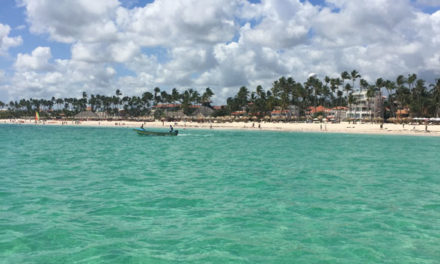
As summer comes to an end and the long-felt humidity of August dies down, Florida becomes ideal for outdoor recreation. From the stationary wetlands to the ever changing flatwoods, Florida’s diverse environment provides an array of scenery that many residents have never stepped out into. As the temperature drops and brief showers help cool the area, fall and winter create the best conditions to get out and explore. For the most rich and immersive experience, there is no better option than camping.
While the shift in weather grants better conditions, the range of land to pick from makes Florida perfect for a wide skill set of campers. Flat, dry conditions are perfect for beginners as they offer a no hassle experience to test equipment and learn the basics. It is important to take gradual steps into more difficult terrain, so that campers can feel comfortable and adequately prepare. No two campsites will ever be exactly the same and each new location will bring new challenges. While this can be daunting, the challenge of meeting all of these needs makes for new knowledge with every campsite and environment encountered.
Some campsites will be set up to make roughing it easier than others. You can even avoid roughing it all together and plan a trip with iTrekkers and their outdoor adventure guides. The company offers two options for camping in the West Central Florida area; no hassle camping and a guided trip. Both trips include setup and cleanup of a full campsite, however they meet different interests. The no hassle trip is great for taking a step into the wild and becoming comfortable in a solitary setting. The guided trip is the next step towards independence and gives campers the chance to learn basic camping skills from a professional guide.
As campers gain prowess and confidence in their abilities, exploring more wild terrain becomes feasible. Harsh landscapes such as wetlands will be hard to come across, but the best identifier is State Parks and Wilderness Preserves. Fee’s are often no more than $6 when reserving campsites and free for remote campers. Often exciting to skilled remote campers is the requirement of adding to their collection of knowledge and equipment to survive in new areas. Camping remotely also offers the best option for minimally controlled adventures and experiences. Some areas to consider are around the Hillsborough River, Lithia Springs, Little Manatee River, and E.G. Simmons Regional Park.
Camping not only offers a new skill set and an introduction to the land, but also the ecosystems in them. Residing in an area temporarily gives you the opportunity to go on a hike and explore local animals and their environments. The rare and protected creatures that own the name Florida panthers actually reside in the Southwest; in the Green Swamp and Big Cypress area. And common to Florida’s grasslands are many insects, including the Gulf fritillary butterfly and the fire ant. Both small and large, every environment will offer something different that may present new challenges. However, entering these areas offer the best chance to see animals in their natural habitat, often with no human contact, which helps promote statewide ecotourism.
Going into remote areas of the state also offers a better look at the night sky. Similar to wild land and animals, the sky has areas called “dark spots” that offer the best non light polluted glimpse into space. In these extremely rare spots, the human eye can see close to 2,500 stars versus the 100 seen in a rural backyard. While offshore offers the best chance of dark spots, sites like Darksitefinder.com may help influence a selection of location on land. If the weather is right, leave the tents tarp off for the night and chance a look at the stars. With help from the St. Petersburg Astronomy Club and free electronic apps like Star Chart, campers can learn to identify constellations, planets, galaxies, and more. Two highly recommended areas for stargazing include pulling off road at Fort De Soto or near the Alafia River.
Before finalizing any decision on a campsite, always make sure an area is legal to camp in remotely and conduct the proper research needed to prepare for the area. Large parts of Florida are home to the Florida black bear, common racoon, and two species of skunks. Knowing how to properly store food and utilizing provided food safes and trashcans can help prevent encounters. Cleaning up any indications that humans are present will also assist in the “No Trace” law to preserve and respect nature and other visitors. Doing so will help provide the best outdoor recreation beyond city lines for years to come.






